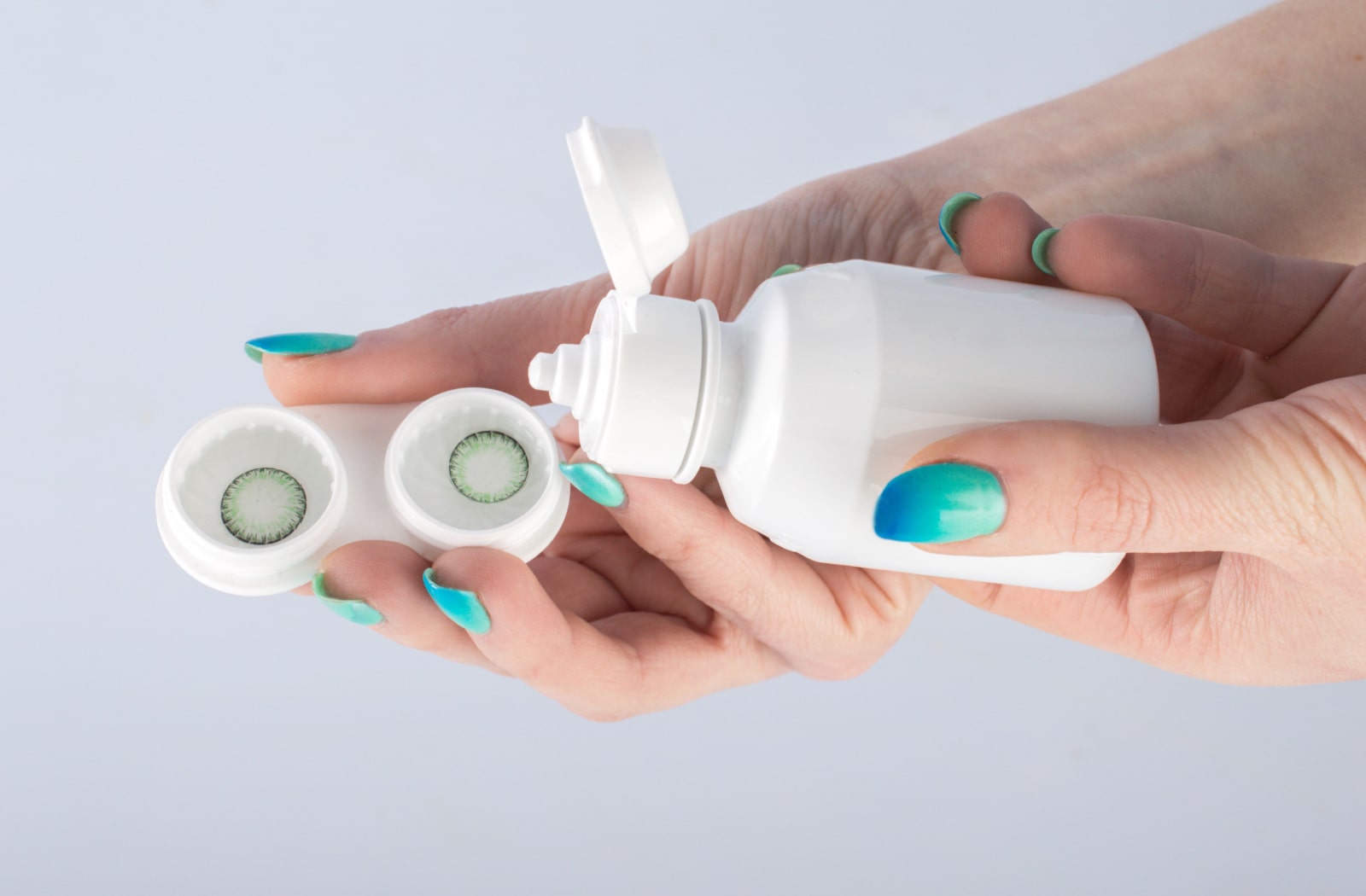

Articles
How To Store Contact Lenses
Modified: December 7, 2023
Learn how to properly store your contact lenses to maintain their quality and prevent any contamination. Read our articles for helpful tips and guidelines.
(Many of the links in this article redirect to a specific reviewed product. Your purchase of these products through affiliate links helps to generate commission for Storables.com, at no extra cost. Learn more)
Introduction
When it comes to taking care of your contact lenses, proper storage is crucial. Storing your lenses correctly not only ensures their hygiene, but also extends their lifespan and keeps your eyes healthy. In this article, we will provide you with a comprehensive guide on how to store contact lenses effectively. From finding a suitable storage case to cleaning and disinfecting them, we’ll cover all the essential steps to ensure optimal lens storage.
Let’s dive into the details and discover the best practices for storing your contact lenses.
Key Takeaways:
- Properly storing and caring for your contact lenses is crucial for maintaining hygiene, prolonging their lifespan, and ensuring eye health. Find a suitable storage case, clean and disinfect lenses, and replace solution regularly for optimal lens care.
- When traveling with contact lenses, pack extra supplies, follow TSA guidelines, and maintain good hygiene. Have a backup plan, avoid swimming with lenses, and ensure your lenses stay hydrated for a comfortable and safe journey.
Read more: How To Store Contact Lenses Without Case
Finding a Suitable Storage Case
One of the first steps in storing your contact lenses properly is to find a suitable storage case. The storage case plays a crucial role in safeguarding your lenses from dirt, debris, and bacteria. Here are some tips for finding the right storage case:
- Choose a case with separate compartments: Look for a storage case that has individual compartments for each lens. This helps prevent the lenses from coming into contact with each other, reducing the chances of them getting scratched or damaged.
- Opt for a case with a tight seal: It’s important to select a storage case that has a tight seal to prevent any leakage or evaporation of the storage solution. A secure seal ensures that your lenses remain hydrated and protected.
- Consider a case with a mirror: If you’re someone who frequently wears contact lenses while on the go, a case with a built-in mirror can be a convenient option. This allows you to easily insert or remove your lenses, even in situations where a mirror might not be readily available.
- Look for a compact and travel-friendly case: If you often travel or are constantly on the move, a compact and travel-friendly storage case is essential. Make sure it fits easily in your bag or pocket, while still providing adequate protection for your lenses.
- Replace your storage case regularly: Over time, storage cases can accumulate bacteria and become less effective at keeping your lenses clean. It’s recommended to replace your storage case every three months or as recommended by your eye care professional.
By finding a suitable storage case that meets these criteria, you can ensure that your contact lenses are stored in a safe and hygienic manner.
Cleaning and Disinfecting Contact Lenses
Cleaning and disinfecting your contact lenses is an essential step in maintaining their hygiene and preserving your eye health. Here are some guidelines to follow when cleaning and disinfecting your lenses:
- Wash your hands: Before handling your contact lenses, it’s crucial to wash your hands thoroughly with soap and water. This helps eliminate any dirt or bacteria that could potentially contaminate the lenses.
- Use the right solution: Make sure to use a contact lens solution that is recommended by your eye care professional. Avoid using tap water or any other homemade solutions as they can introduce harmful bacteria to your lenses.
- Rinse the lenses: Once you have removed your lenses from the storage case, rinse them with the contact lens solution to remove any debris or buildup on the surface. Gently rub the lenses between your fingers to ensure thorough cleaning.
- Disinfect the lenses: After rinsing, place the lenses in the designated compartments of the storage case and fill each compartment with fresh contact lens solution. Make sure the lenses are fully submerged and leave them in the solution for the recommended disinfection time.
- Follow the disinfection schedule: Different contact lens types require different disinfection schedules. Some lenses may need to be disinfected overnight, while others can be disinfected in a shorter time period. It’s important to follow the instructions provided by your eye care professional and adhere to the recommended disinfection schedule.
- Avoid reusing or topping off the solution: It’s essential to use fresh contact lens solution each time you store or disinfect your lenses. Reusing or topping off old solution can lead to bacterial contamination and increase the risk of eye infections.
By following these cleaning and disinfection practices, you can ensure that your contact lenses stay clean, clear, and free from potential harm.
Storing Contact Lenses Properly
Properly storing your contact lenses is crucial for their longevity and ensuring they remain safe and hygienic for your eyes. Here are some tips for storing your lenses properly:
- Always start with clean and dry hands: Before handling your contact lenses, it’s important to wash your hands with soap and water and thoroughly dry them with a lint-free towel. This helps prevent any dirt, oil, or bacteria from transferring to the lenses.
- Open the storage case: Gently open the storage case using clean fingers, taking care not to touch the inside of the case or the compartments where the lenses will be stored.
- Remove the lens from your eye: Using clean fingers, carefully remove one lens from your eye. If you wear different lenses for each eye, make sure to keep them separate and handle them individually.
- Place the lens in the corresponding compartment: Drop the lens into the appropriate compartment of the storage case. It’s important to ensure that the lens is fully immersed in the contact lens solution to keep it hydrated.
- Repeat for the other lens: If you wear lenses for both eyes, repeat the previous step for the other lens, using a different compartment in the storage case.
- Close the storage case securely: Once both lenses are in their respective compartments, close the storage case tightly to ensure a proper seal. This helps prevent leakage and keeps the lenses protected from contamination.
- Store the case in a clean and dry place: It’s important to store the contact lens case in a clean and dry location. Avoid placing it in the bathroom, where moisture and bacteria can accumulate. Instead, find a cool and dry spot away from direct sunlight.
- Follow the recommended storage duration: Different types of contact lenses have varying storage recommendations. Some lenses can be stored for up to 30 days, while others may require daily cleaning and storing. Make sure to follow the instructions provided by your eye care professional.
By following these guidelines, you can ensure that your contact lenses are stored properly, maximizing their lifespan and maintaining their hygiene for optimal eye health.
Always store your contact lenses in a clean, dry case with fresh solution. Avoid using water or saliva to clean them, as this can lead to eye infections.
Replacing the Storage Solution
Replacing the storage solution regularly is an important step in maintaining the cleanliness and efficacy of your contact lenses. Over time, the solution can become contaminated with bacteria, debris, and protein buildup, which can potentially cause eye infections or discomfort. Here are some guidelines for replacing the storage solution:
- Empty and rinse the storage case: Before replacing the solution, empty the storage case and rinse it with fresh contact lens solution. This helps remove any residue or contaminants from the previous solution.
- Fill the case with new solution: Once the case is clean, fill each compartment with fresh contact lens solution. It’s important to use a sufficient amount of solution to fully cover the lenses and keep them hydrated.
- Discard the old solution: The old storage solution should be discarded and never reused. Pour it down the drain and avoid using it to rinse or clean your lenses.
- Repeat the process daily: It’s recommended to replace the storage solution daily, even if you haven’t worn your lenses. This ensures that your lenses are always stored in a clean and hygienic environment.
- Avoid topping off the solution: Topping off the old solution with fresh solution should be avoided. This practice can dilute the disinfecting properties of the solution and increase the risk of contamination.
- Clean the case regularly: Along with replacing the storage solution, it’s crucial to clean the storage case regularly to prevent the buildup of bacteria. Rinse the case with fresh solution and air dry it upside down after every use.
- Replace the storage case regularly: Over time, the storage case itself can accumulate bacteria, which can compromise the effectiveness of the storage solution. It’s recommended to replace the storage case every three months or as advised by your eye care professional.
By following these guidelines for replacing the storage solution, you can ensure that your contact lenses are always stored in a clean and safe environment, reducing the risk of eye infections and discomfort.
Read more: How To Store Contact Lens
Keeping Track of Expiration Dates
Tracking expiration dates is an important aspect of contact lens care. Contact lenses are designed to be worn for a specific period of time, and wearing them beyond their expiration date can lead to discomfort, decreased visual clarity, and increased risk of eye infections. Here are some tips for keeping track of expiration dates:
- Check the packaging: When you first purchase your contact lenses, the packaging will typically have the expiration dates clearly marked. Take note of these dates and keep the packaging for future reference.
- Set reminders: With the help of your phone or calendar app, set reminders for when your contact lenses are due to expire. This way, you won’t unintentionally wear your lenses past their recommended timeframe.
- Follow the replacement schedule: Different types of contact lenses have varying replacement schedules, ranging from daily disposables to monthly or yearly replacements. It’s important to adhere to the recommended schedule and avoid wearing your lenses longer than recommended.
- Maintain a routine: Establish a routine for replacing your contact lenses. Whether it’s every morning, every evening, or at a specific time during the day, stick to your routine to ensure you’re consistently using fresh, non-expired lenses.
- Note the date of opening: Some contact lenses have a recommended duration for wearing after the package is opened. Take note of the date you opened the package and discard any remaining lenses after the specified timeframe.
- Consult your eye care professional: If you have any doubts or questions about the expiration dates of your contact lenses, consult your eye care professional. They can provide guidance and recommendations based on your specific lens type and usage patterns.
- Do not use expired contact lenses: It’s crucial to never use contact lenses that have expired. Expired lenses can become less comfortable, less effective in vision correction, and increase the risk of eye infections. Always discard and replace expired lenses.
By keeping track of expiration dates and following the recommended replacement schedules, you can ensure that your contact lenses are always fresh, comfortable, and safe for your eyes.
Travelling with Contact Lenses
Travelling with contact lenses can be convenient and allow you to enjoy clear vision throughout your trip. However, it’s important to take extra precautions to ensure the safety and hygiene of your lenses while on the go. Here are some tips for travelling with contact lenses:
- Pack extra lenses and solution: To avoid running out of lenses or solution during your trip, it’s always a good idea to pack extra supplies. This includes extra pairs of lenses, travel-sized bottles of contact lens solution, and a spare storage case.
- Carry your lenses in your carry-on: When traveling by air, it’s recommended to keep your contact lenses and necessary supplies in your carry-on bag. This way, you’ll have easy access to them in case your checked luggage gets lost or delayed.
- Follow the TSA guidelines: If you’re traveling with a large quantity of contact lens solution, make sure to comply with the Transportation Security Administration (TSA) guidelines. Follow the rules regarding liquids and ensure that your solution is placed in a clear, sealed bag for security screening.
- Pack a travel-sized bottle of solution: Instead of carrying a large bottle of solution, opt for a travel-sized container. These smaller bottles comply with airline regulations and take up less space in your carry-on or bag.
- Keep your lenses hydrated: During long flights or car rides, the air can be dry, which can cause your lenses to feel uncomfortable. Use lubricating or rewetting drops to keep your lenses hydrated and moist.
- Practice good hygiene: While traveling, it’s important to maintain good hygiene practices when handling your lenses. Always wash your hands with soap and water before handling your lenses, and avoid touching them with dirty or oily fingers.
- Clean and replace your lenses regularly: Despite being on vacation or traveling, it’s essential to stick to your regular cleaning and replacement routine for your contact lenses. Follow the recommended cleaning and disinfecting practices, even if it means carrying travel-sized cleaning solutions.
- Have a backup plan: In case of emergencies, such as losing or damaging your lenses, it’s helpful to have a backup plan. Consider carrying a spare pair of glasses or having the prescription details on hand in case you need to purchase new lenses while away.
- Avoid swimming with lenses: While it may be tempting to wear your lenses while swimming, it’s best to avoid doing so. Water, whether it’s in a pool, ocean, or hot tub, can introduce bacteria and other contaminants to your eyes, increasing the risk of infection.
By following these tips and taking extra care with your contact lenses while traveling, you can enjoy clear vision and maintain the hygiene of your lenses throughout your journey.
Conclusion
Properly storing and caring for your contact lenses is essential for maintaining their hygiene, prolonging their lifespan, and ensuring the health of your eyes. By following the guidelines outlined in this article, you can ensure that your lenses are stored in a clean and safe manner, and that your eyes remain healthy and comfortable.
Remember to find a suitable storage case that provides adequate protection for your lenses, and replace it regularly to prevent bacterial buildup. Clean and disinfect your lenses regularly using the recommended contact lens solution, and avoid reusing or topping off the solution to maintain its effectiveness.
Take note of the expiration dates of your contact lenses and replace them accordingly, following the recommended replacement schedule. This will help prevent discomfort, maintain optimal visual clarity, and reduce the risk of eye infections.
When travelling, make sure to pack extra lenses and solution to avoid running out during your trip. Follow the TSA guidelines for carrying liquids, and keep your lenses hydrated during long flights or car rides. Practice good hygiene and clean your lenses regularly, even while on vacation.
By incorporating these tips into your contact lens care routine, you can ensure that your lenses stay clean, clear, and comfortable, and that your eyes remain healthy. Remember, if you have any concerns or questions about your contact lenses, consult with your eye care professional for personalized guidance and recommendations. Happy lens-wearing!
Frequently Asked Questions about How To Store Contact Lenses
Was this page helpful?
At Storables.com, we guarantee accurate and reliable information. Our content, validated by Expert Board Contributors, is crafted following stringent Editorial Policies. We're committed to providing you with well-researched, expert-backed insights for all your informational needs.
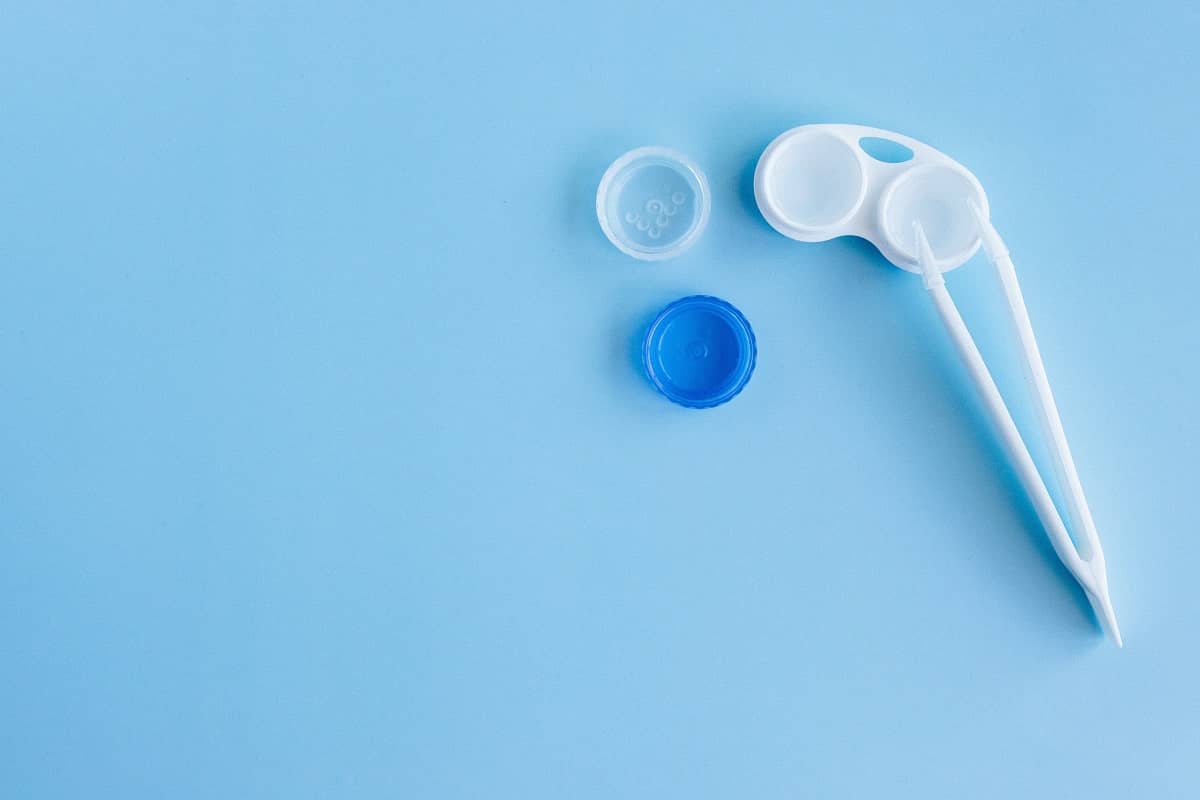
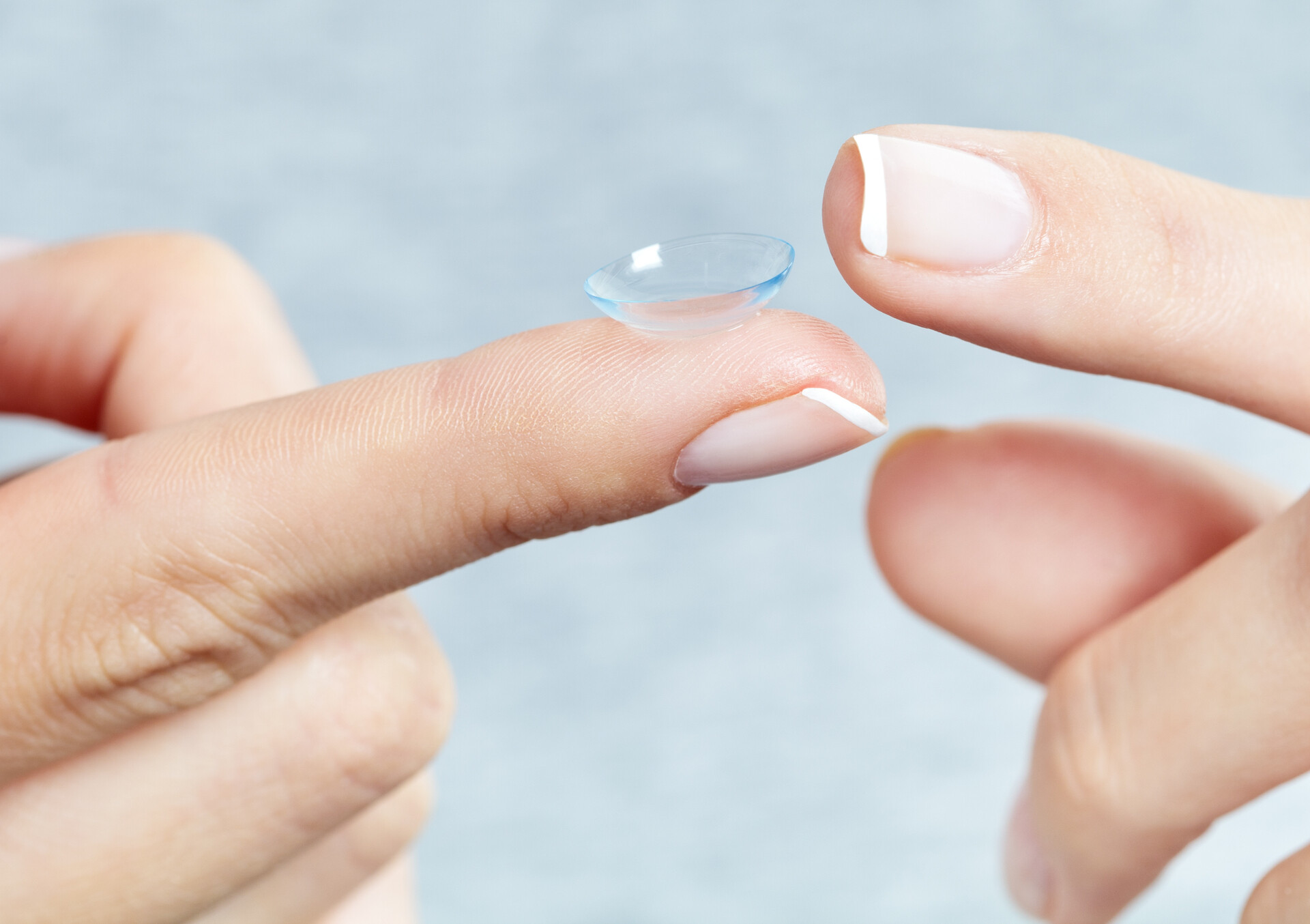
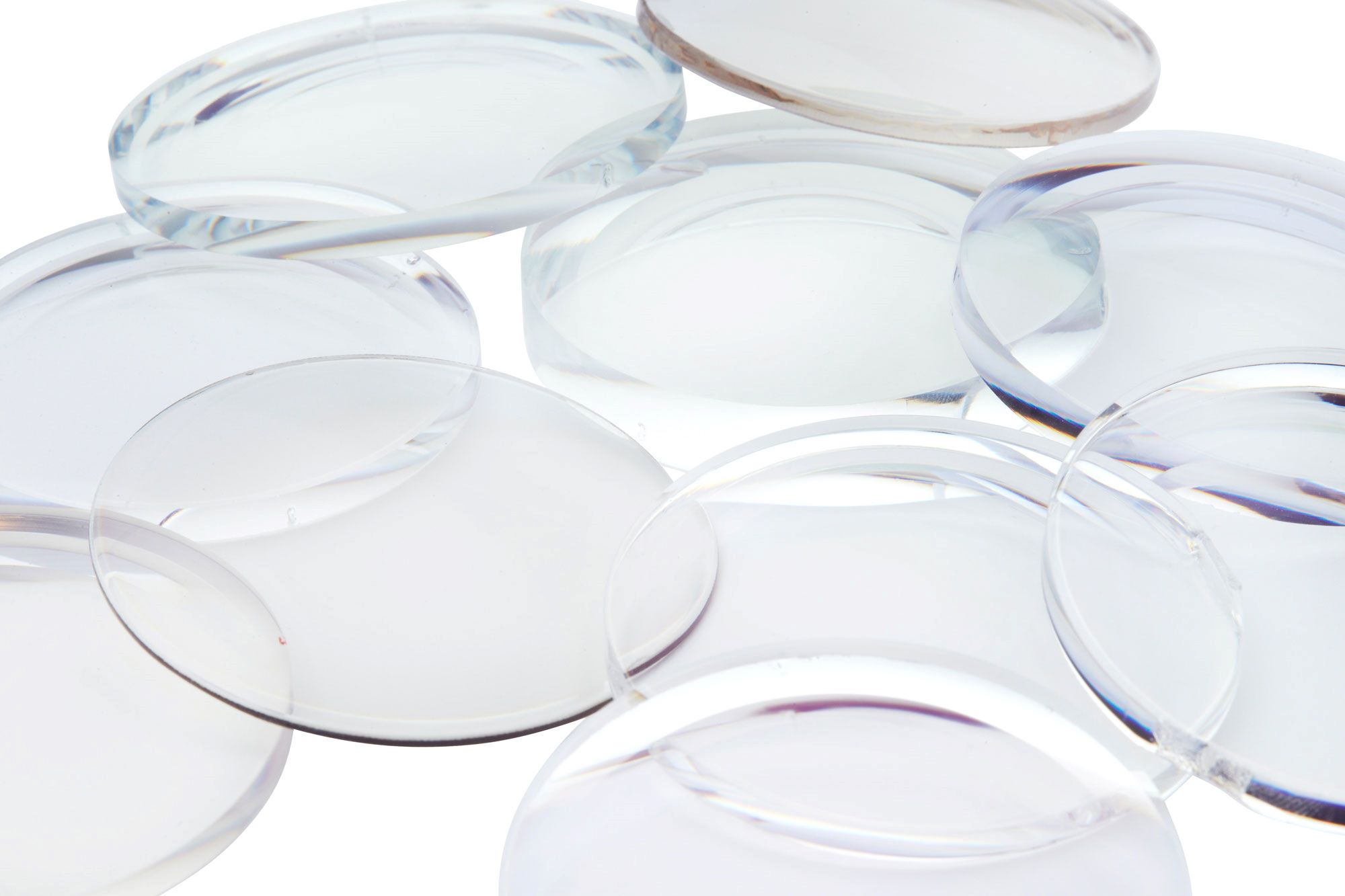
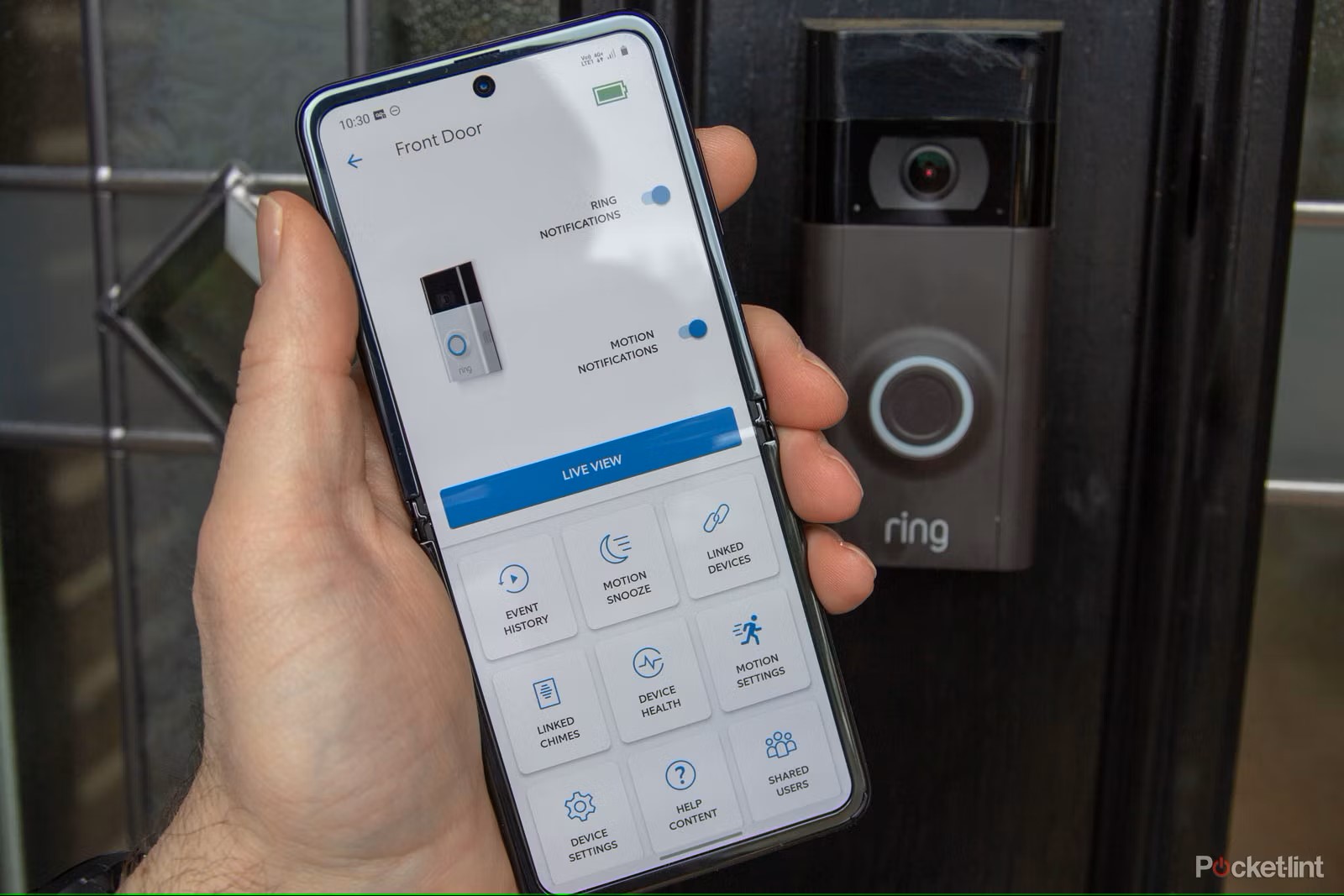
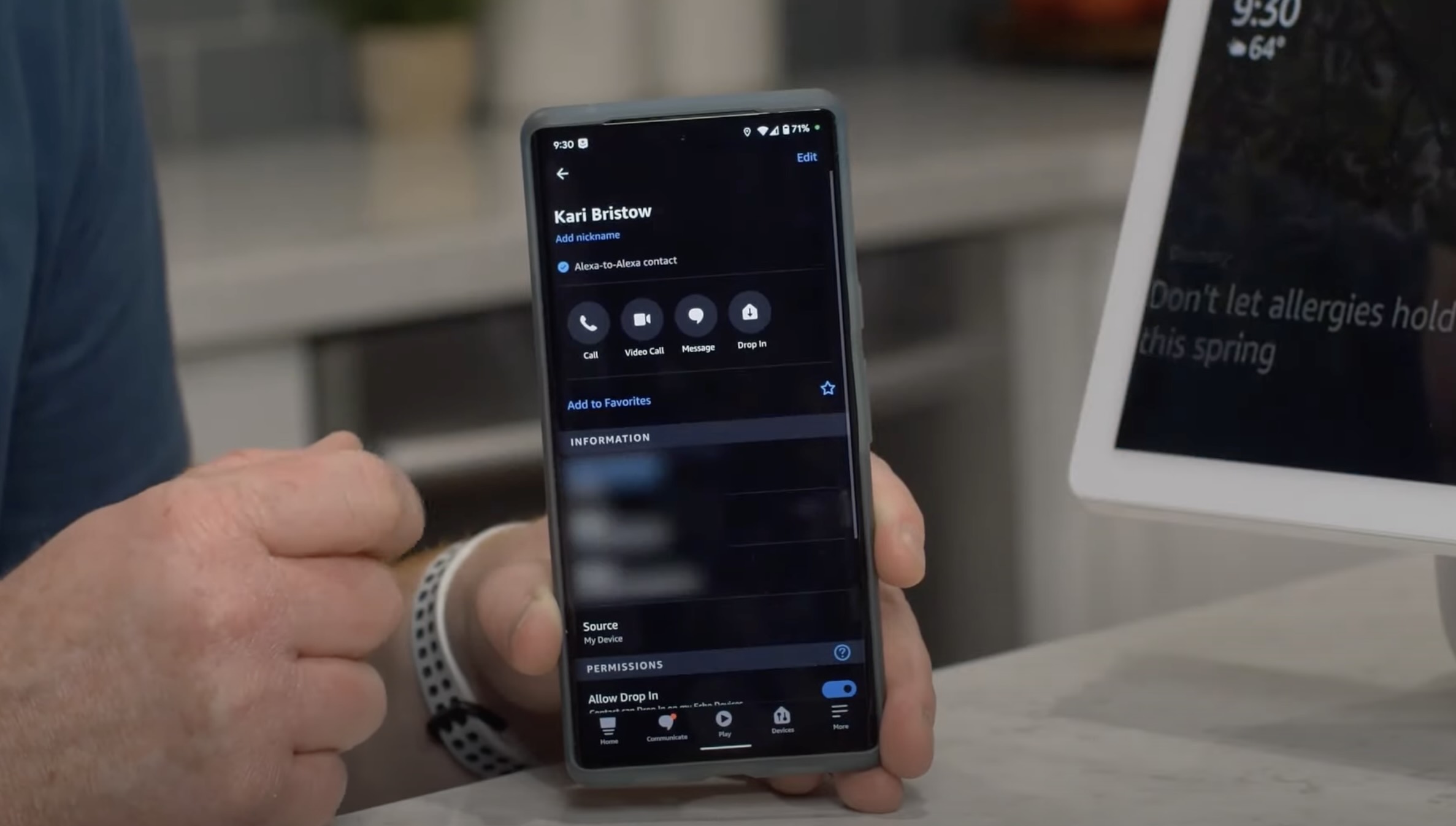


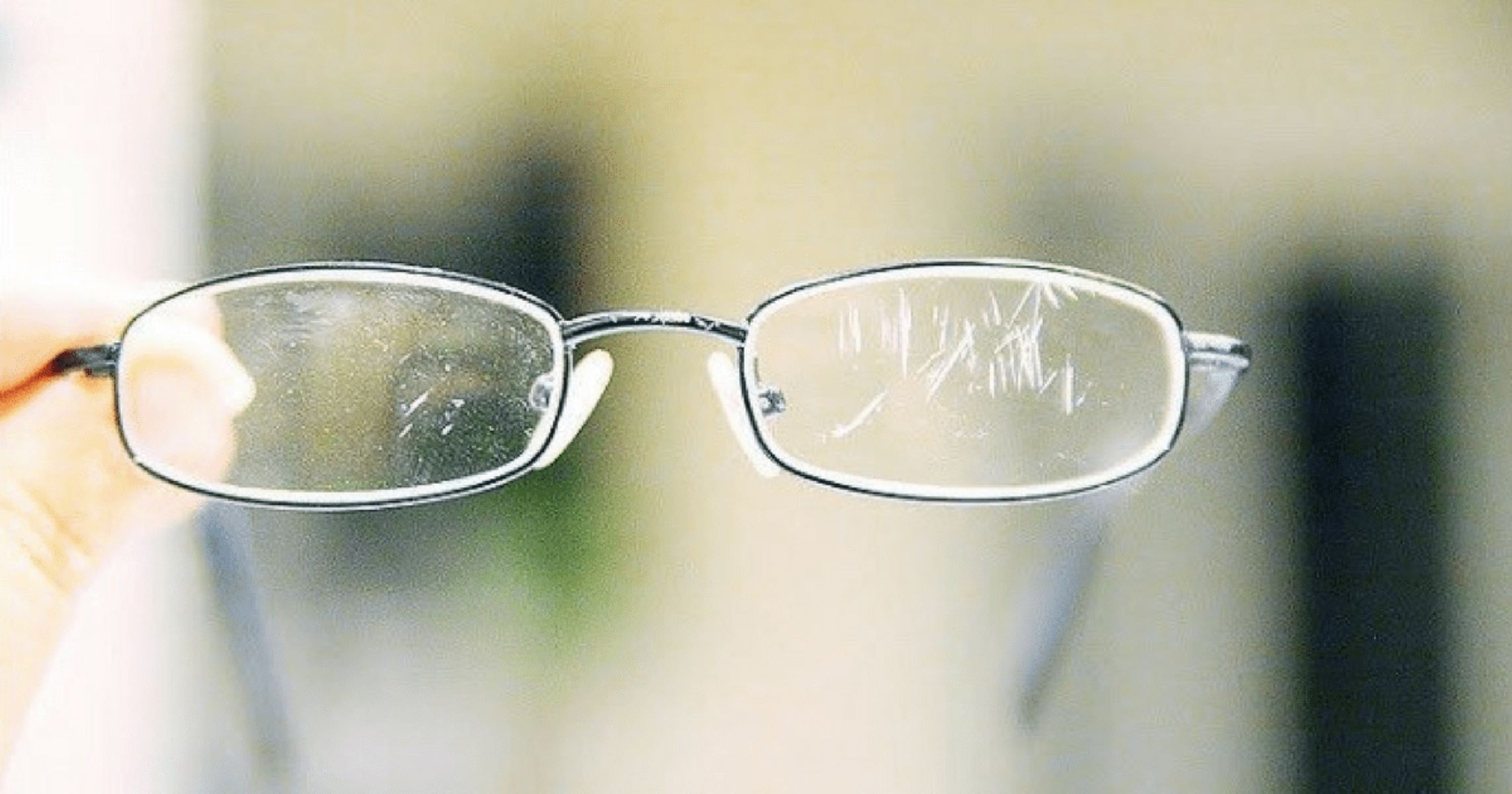
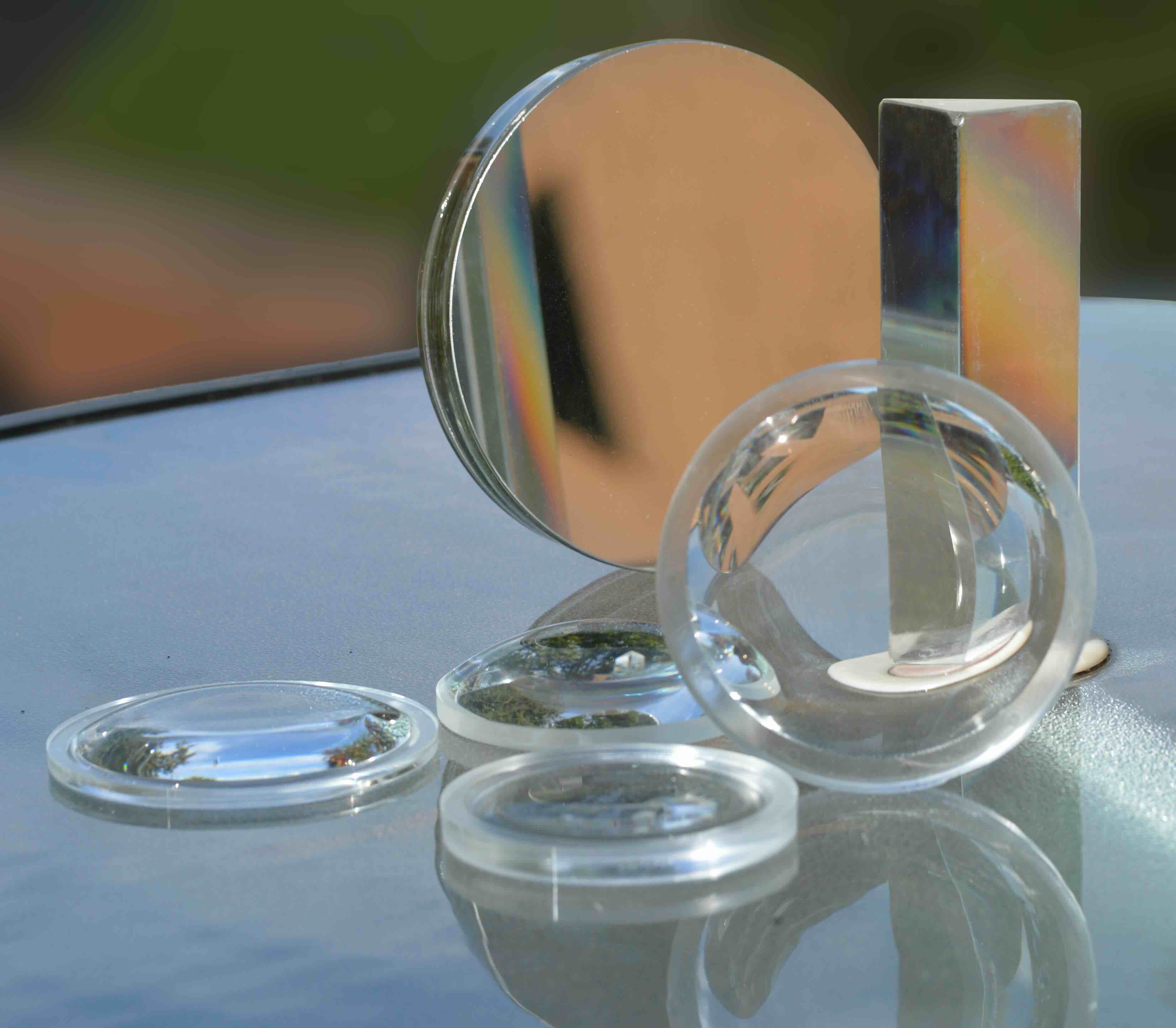
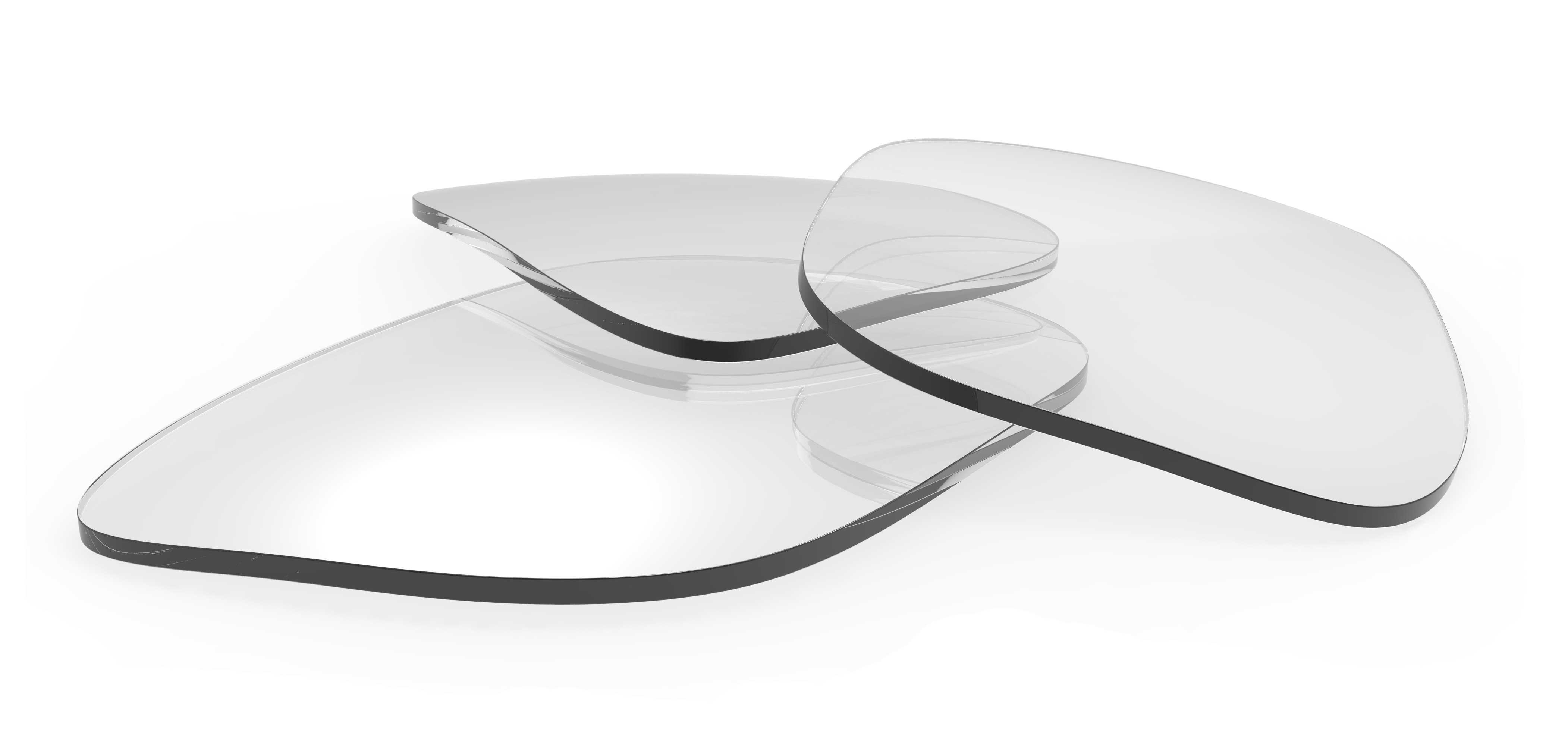


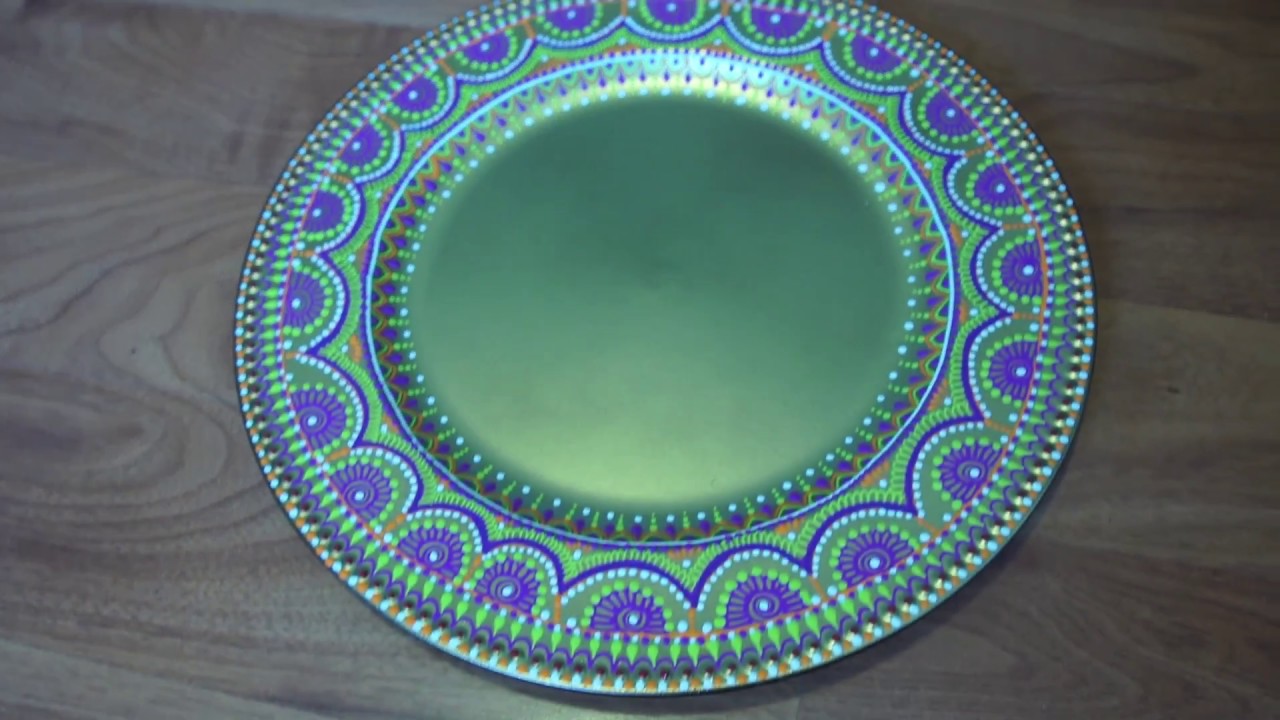


0 thoughts on “How To Store Contact Lenses”